The Hong Kong government began vaccinating the public with the Chinese domestically-manufactured Sinovac vaccine for free on Feb. 26, and less than three weeks later there have been seven deaths.
As of March 15, a cumulative total of 166,000 Hong Kong people had received the China-made Sinovac vaccine, also known as the “CoronaVac vaccine.”
Li Bin, deputy director of the Chinese Communist Party’s (CCP) National Health Commission, said that as of March 14, 64.98 million people had been vaccinated in China, according to a report by the CCP’s overseas mouthpiece, China Daily. However, no specific answers were given regarding issues brought about by the vaccination, such as the immunization status of the vaccinated population, whether there were secondary infections, and what side effects and mortality rates were.
Japan’s Olympic Minister Tamayo Marukawa responded quickly and said on March 12 that Japanese athletes would not take the China-made vaccines, which have not been approved by international standards.
On the same day, when asked if he would consider using the mainland vaccine, Taiwanese Health Minister Chen Shih-chung told the media that his government included Taiwanese Olympic athletes in the priority list and that they would be inoculated in Taiwan with the AstraZeneca vaccine before they leave for Japan.
Vaccines May Cause a Cardiovascular Inflammatory Response
The Dean of Public Health Medicine at the University of Hong Kong (HKU), Leung Gabriel Matthew, when asked on March 13 about the adverse reactions after vaccination, said that the vaccine itself may cause an inflammatory response in people with cardiovascular disease. Once the blood vessels become inflamed, it could induce “acute thrombosis.”He said that if an acute embolism occurs immediately in the heart, it is a “heart disease,” but if it occurs in the brain, it is a “brain stroke,” which can be fatal in serious cases. He believes that at this stage, he does not dare to categorically judge whether the deaths are indirectly or directly related to the vaccine.
Hong Kong Government Criticized for Conducting Experiment to Curry Favor With the CCP
Though there have been a series of deaths and abnormal cases after vaccination, the Hong Kong government did not stop the vaccination program. On the contrary, it announced on March 15 the expansion of the vaccination priority groups to include people over 30, domestic helpers, and students 16 or above studying outside Hong Kong “as part of the Government’s efforts to expand the scope of the priority groups to allow more people to get vaccinated as soon as possible,” according to the Hong Kong government’s website.In an interview with the Hong Kong edition of The Epoch Times, 80-year-old Kwok Cheuk Kin, a Hong Kong citizen, said that the local government, to curry favor with the CCP, administers the vaccination via executive order. He said that he himself would never take the China-made vaccine.
Xiaoxu Lin, an expert in microbiology and immunology, former microbiologist in the U.S. Army, and lab director at the viral disease branch of the Walter Reed Army Research Institute, told The Epoch Times in an interview that the number of people who died after receiving the vaccine or had serious adverse reactions “must be strictly tracked and then the data released to the public, but the Chinese government basically still adopts a cover-up attitude.”
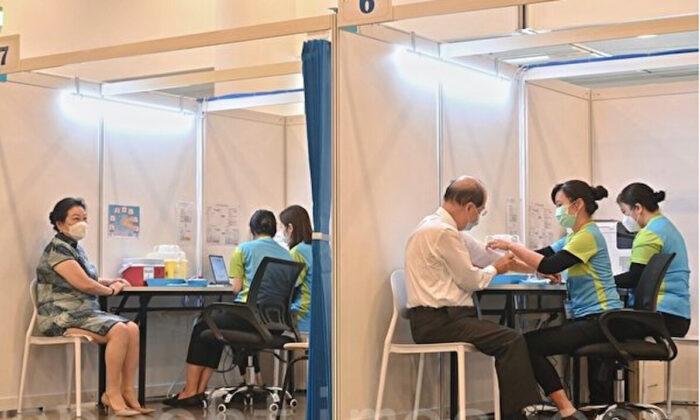
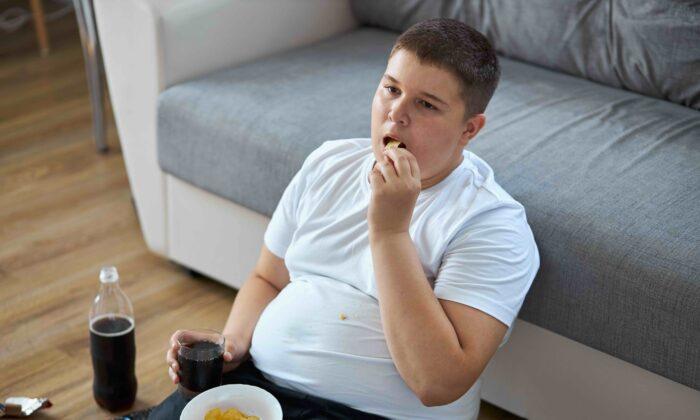
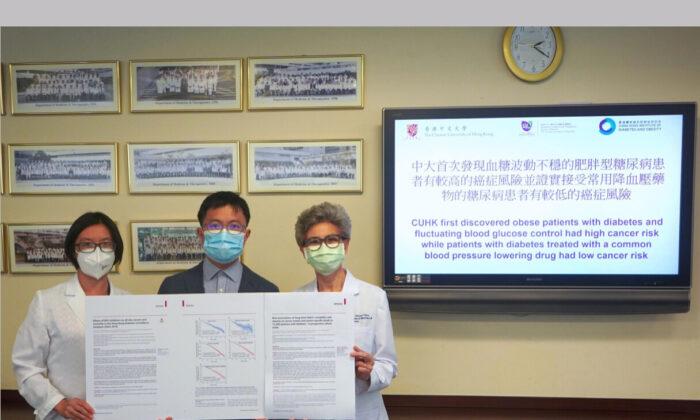
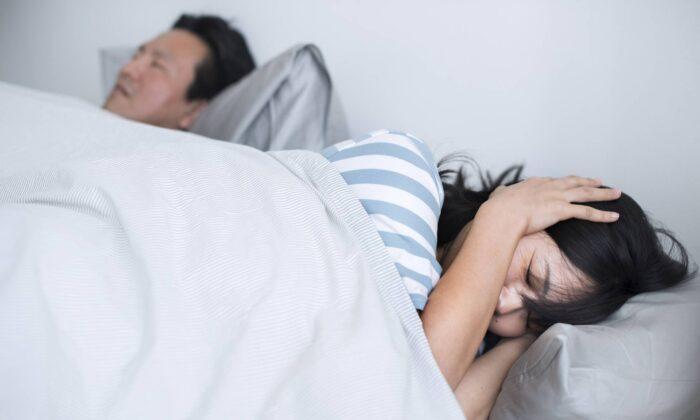
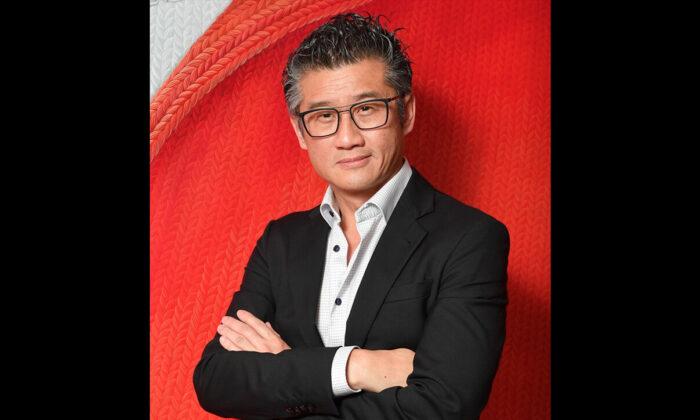
Friends Read Free